The docuseries will play on HBO later this year in two parts, but only the first half was done in time to premiere at Sundance, which leaves the project a bit in mid-air. While there’s value in Berg’s approach and Wood’s courage, I wish I could see if all of the choices made in this first half continue into the second. For example, Berg very clearly centers Wood, elevating her by making her voice largely the only one we hear. This is not a “she-said, he-said” approach to true crime docuseries. She allows members of Wood’s circle to corroborate information, but she’s steadfastly uninterested in hearing from Manson’s side. His worldview is only captured from passages from his memoir The Long Hard Road Out of Hell, which Berg uses to fill in necessary biographical details and give a glimpse of his worldview, but this is distinctly not his story. It’s Wood’s. And the project is better for this.
Wood’s courage is inspiring. She details an abusive home life from a young age, and how being a child star shaped what happened with her and Manson. One of the most damning aspects of “Phoenix Rising” is how Berg captures what the media industry did to Wood, branding her as the “bad girl” after her stellar turn in “Thirteen.” I wish every editor would see “Phoenix Rising” so perhaps some part of it lingers the next time they slap a label on a young person that could harmfully define them.
The accusations in “Phoenix Rising” about Manson’s behavior have already made headlines, especially the ones about his actions on the set of a music video for “Heart-Shaped Glasses,” during which Wood alleges she was raped on-camera. Berg’s film returns repeatedly to the idea that Manson’s image was sold as a subversion of its façade, using violence and vile imagery like that of Naziism not to support the ideals but disempower them. Wood and Berg reveal how much of this was a lie, creating a fascinating dichotomy wherein the “bad girl” image thrust on an actress never really revealed who she was, while the “bad boy” image of a rocker told us everything even as we failed to heed its warnings.
A very different true crime series unfolds in Gustav Möller’s effectively moody “The Dark Heart,” a five-part drama that debuted its first three episodes at Sundance this year. The director of the original, thrilling “The Guilty” makes an effective transition to episodic television, proving that he can work just as well in open spaces as claustrophobic ones. Based on a true story, “The Dark Heart” tells dual narratives of women facing systemic sexism and structures that constantly work against them as much as with them. It can be a little too slow, and I wonder if there’s not a stronger feature film that tightens its plotting, but I think Möller wants us to sit with the darkness on display here more than just experience a traditional thriller. He wants the cold, damp setting of his drama to seep into your bones.
You can view the original article HERE.

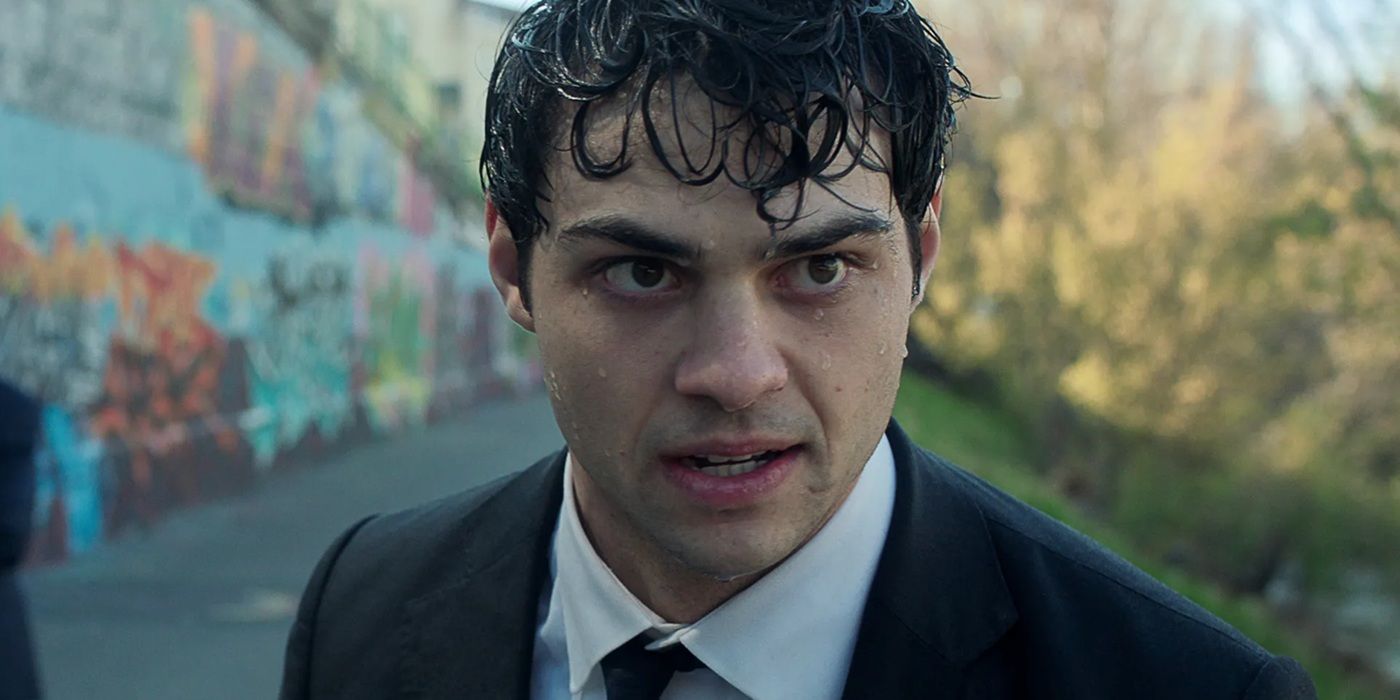


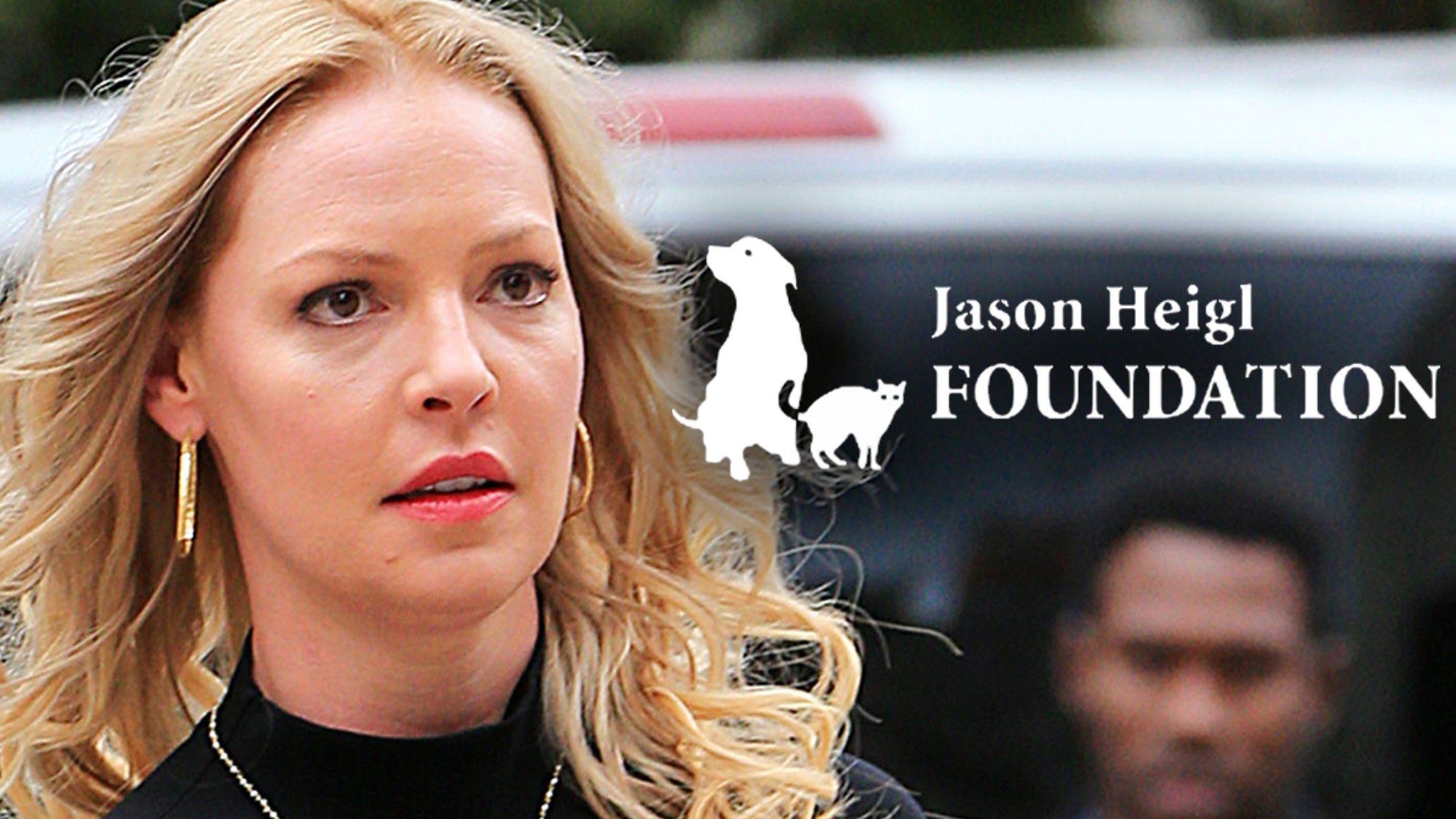
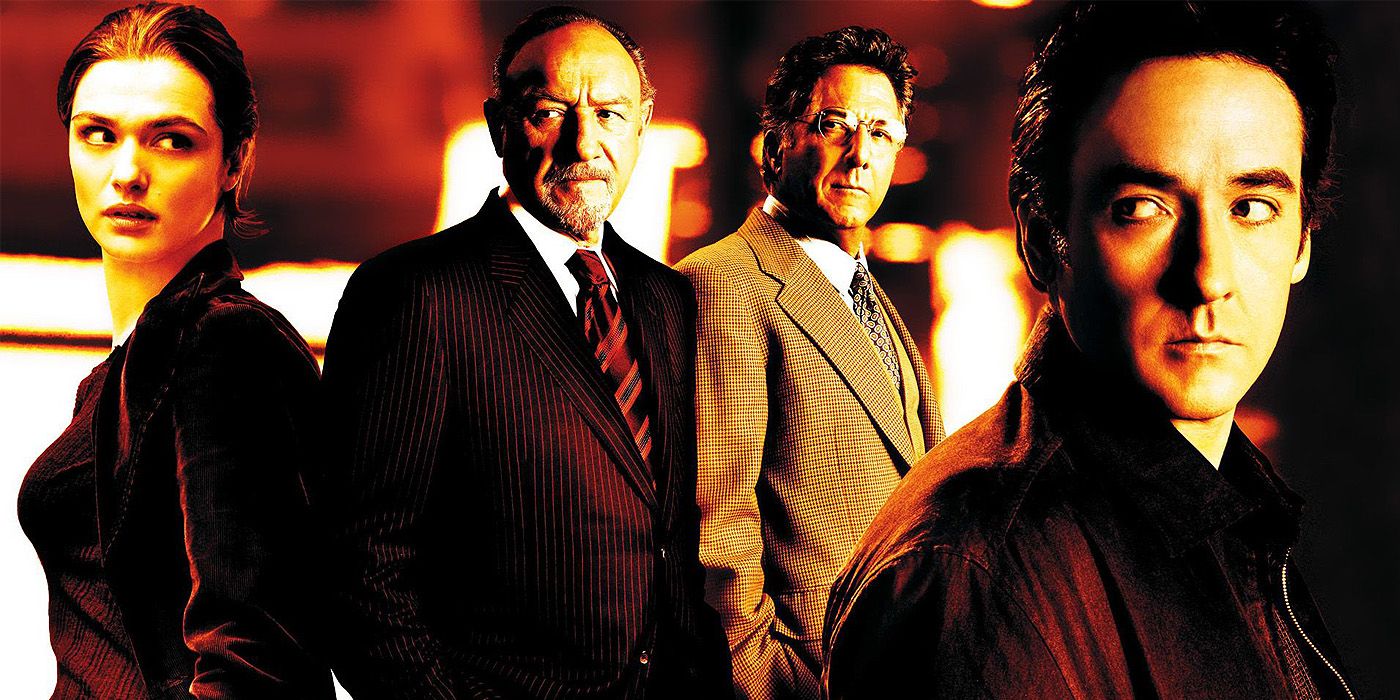
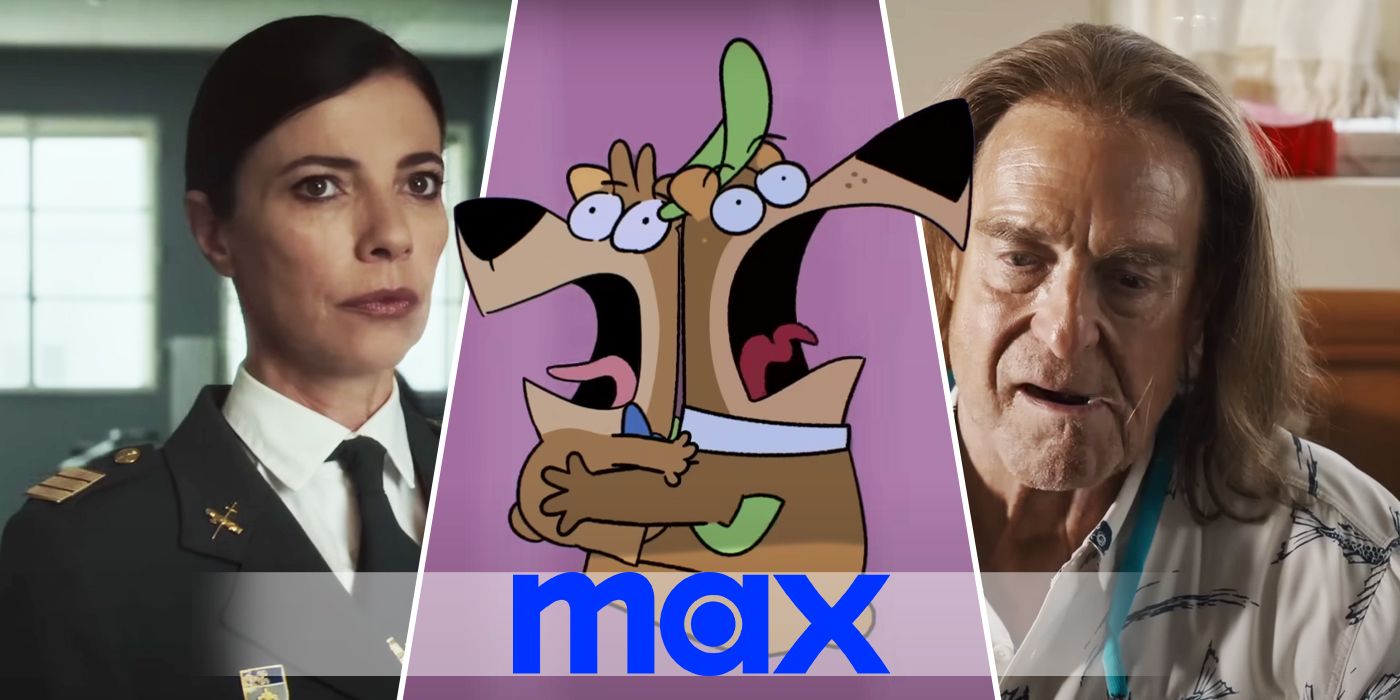

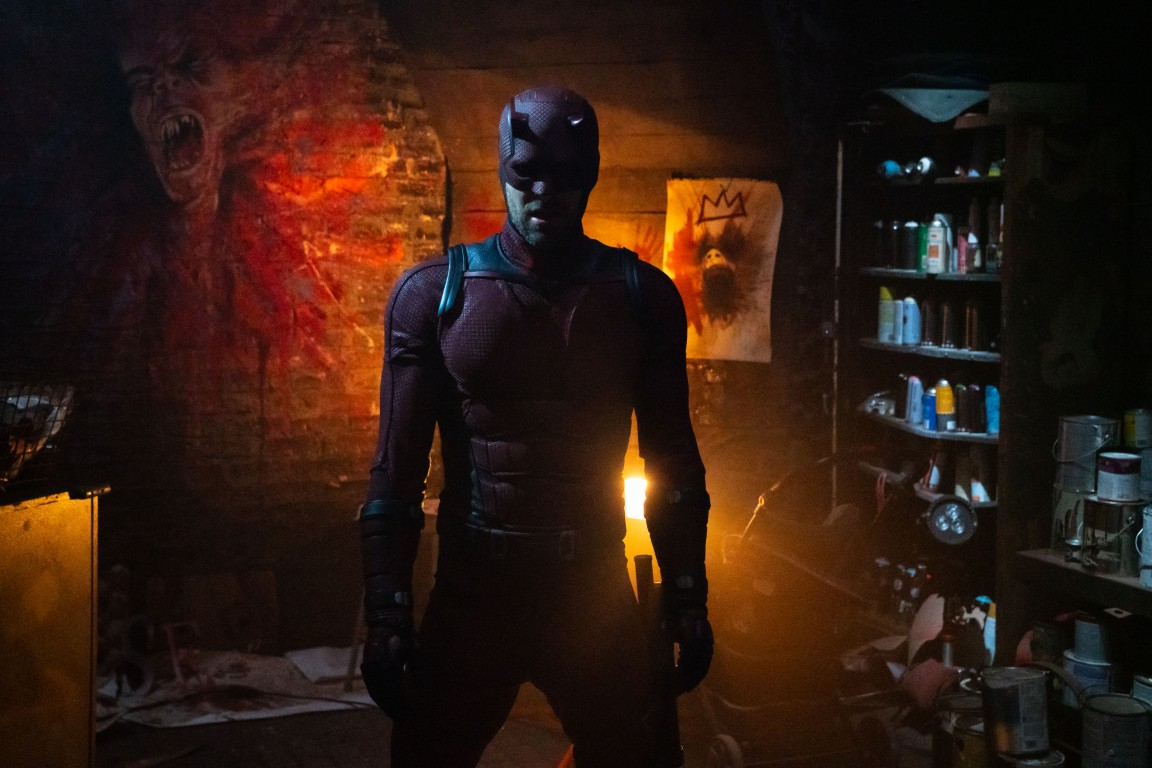
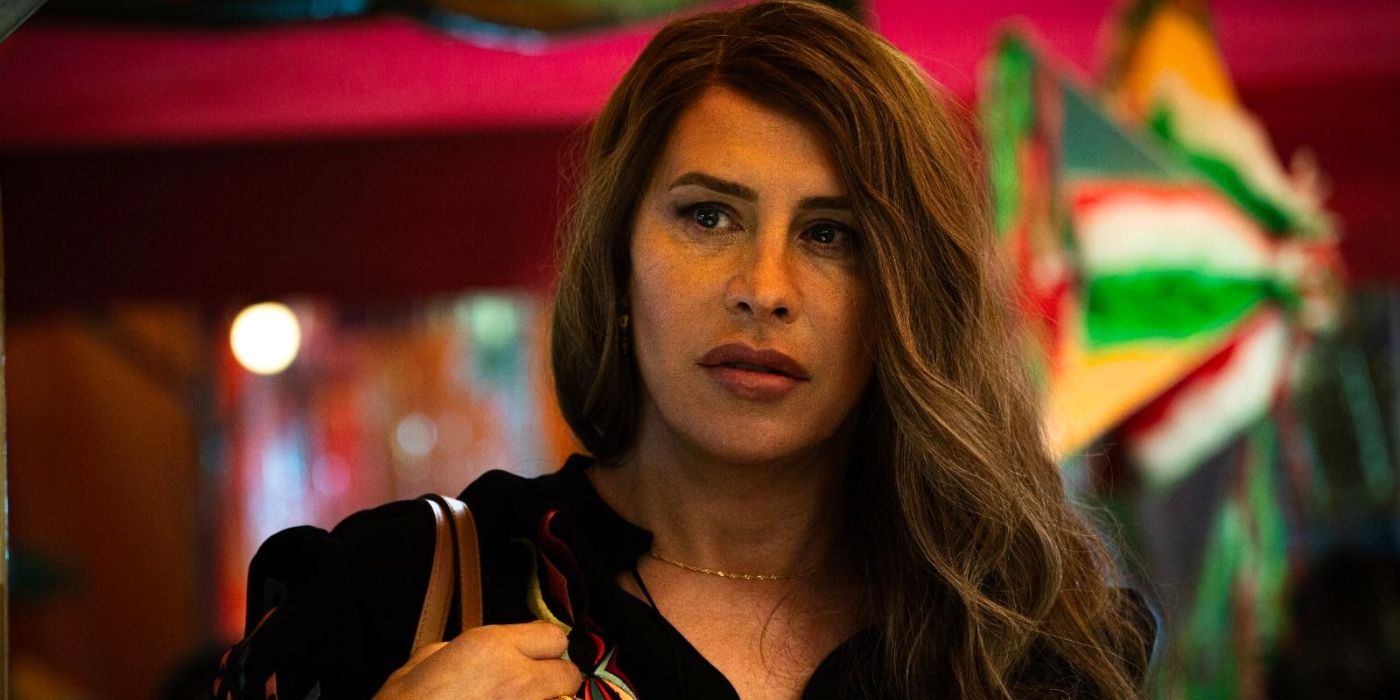



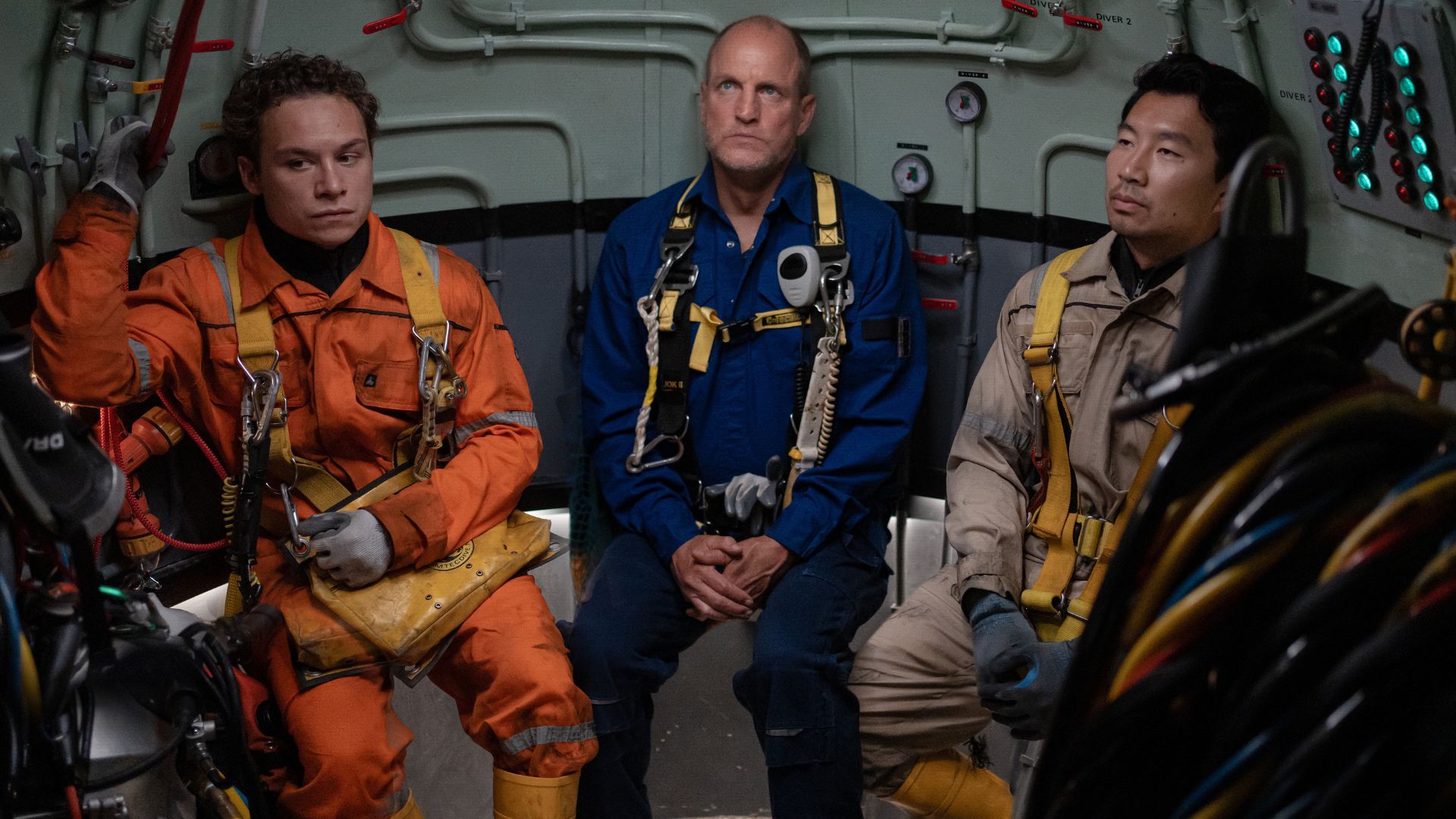

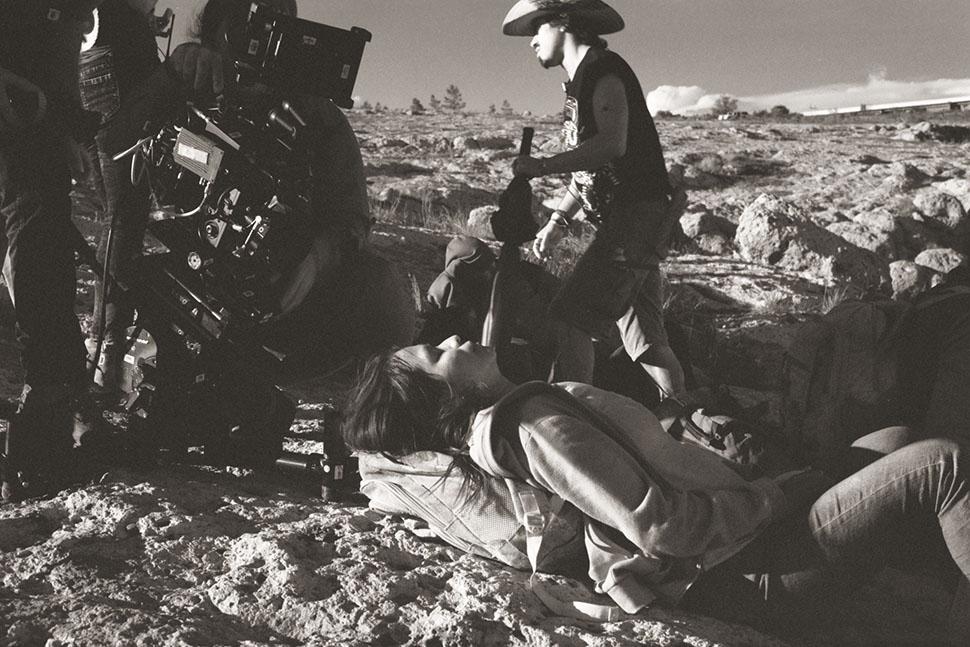



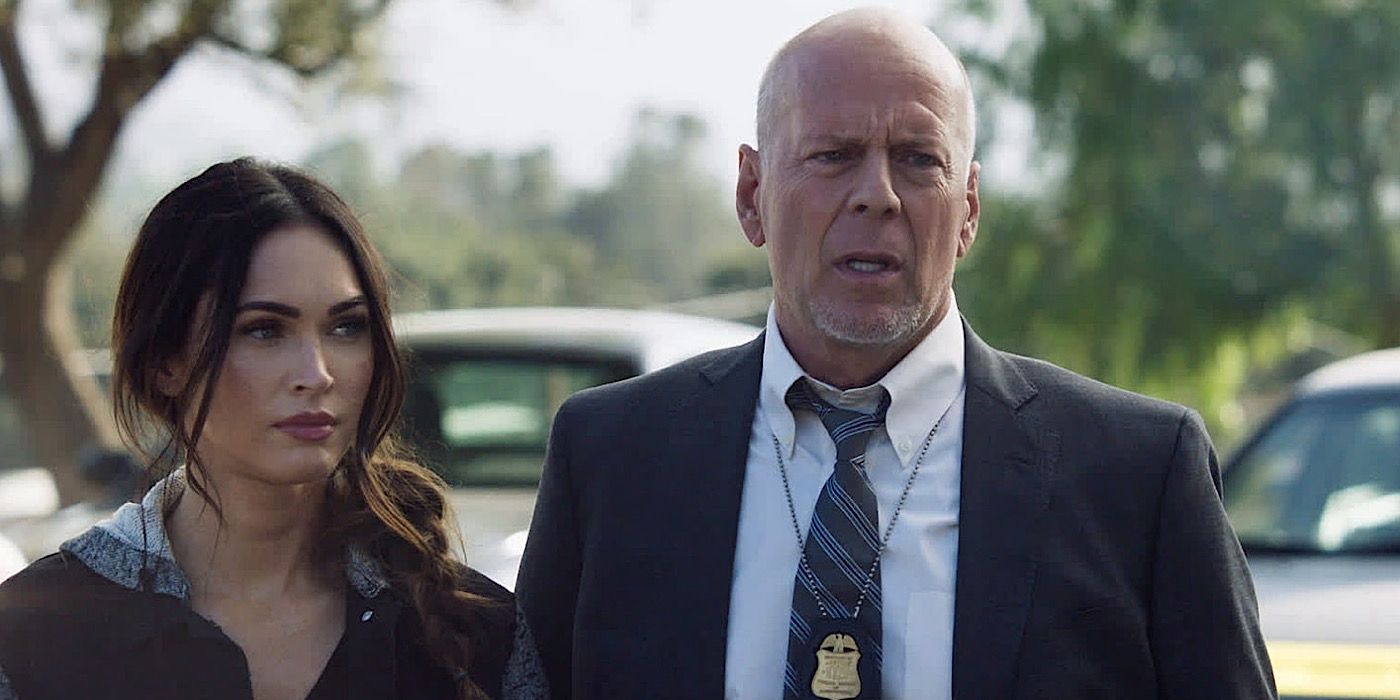





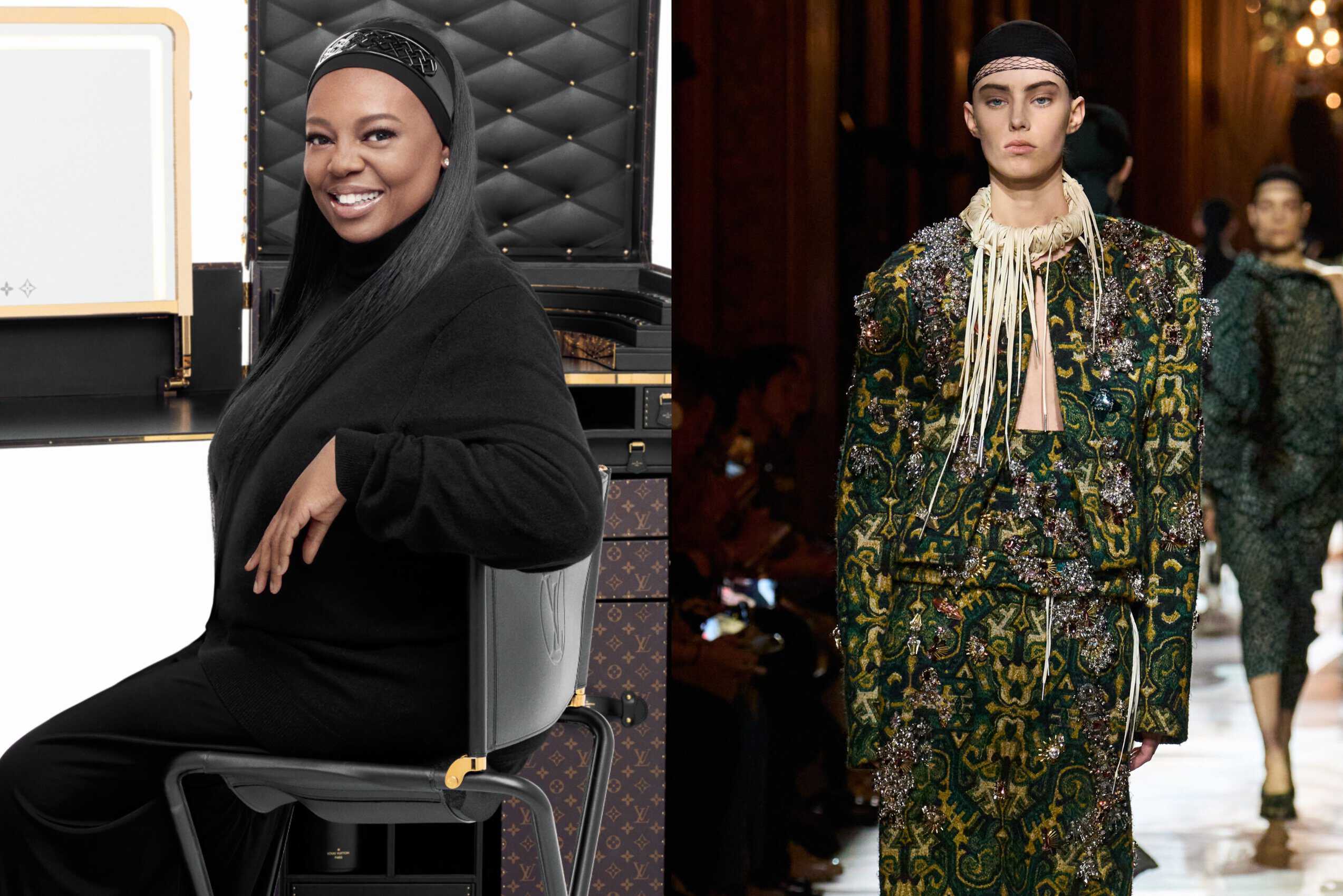

:quality(85):upscale()/2025/03/04/010/n/1922564/e4e30ef267c789a5161212.31191204_.png)
